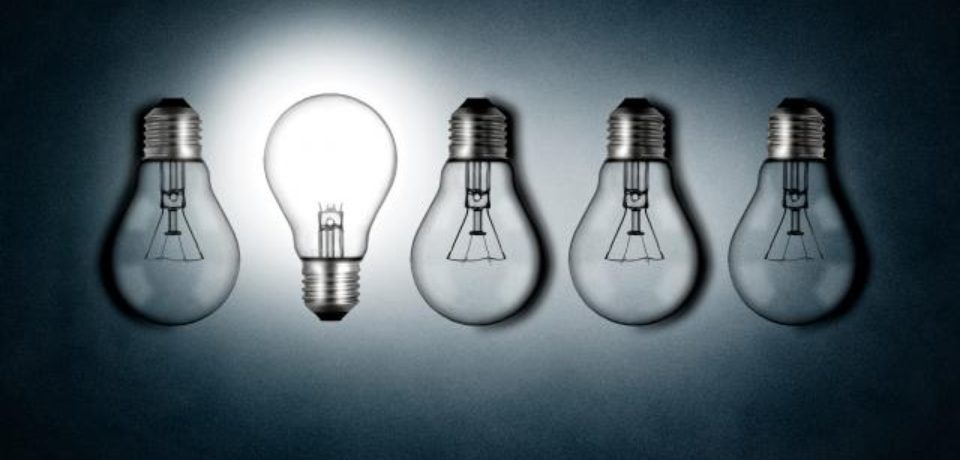IVAs (Individual Voluntary Arrangements) and DROs (Debt Relief Orders) are two types of bankruptcy – two methods for legitimately recognizing that you can`t reimburse the cash you owe.
IVAs and DROs can both discount the unsecured debt you are not able to reimburse. They will both show up on your credit record for a long time, making it harder and/or more costly to get further credit for that time.
In any case, there are noteworthy contrasts between IVAs and DROs.
DROs
DROs are a type of bankruptcy which is intended to help individuals who have moderately low debts but also low and who are not claiming debt for their home loan. DROs keep going for 12 months, after which the individual will be liberated from all debts included in the DRO so their circumstances have not changed fundamentally or long term.
DROs are fitting for individuals who:
- Are not able to pay their debts.
- Owe no more than £15,000.
- Do not possess more than £300 in assets or resources (in spite of the fact that they can claim an auto worth £1,000).
- Do not have month to month extra cash (what`s left after their fundamental costs) of more than £50.
- Live in Britain or Wales – or have lived or carried on business in Britain or Wales in the most recent three years.
- Have not been liable to another DRO inside of the most recent six years.
- Are not included in another formal bankruptcy methodology at the time they apply.
Individual Voluntary Arrangements – IVAs – may be fitting for individuals who can`t control or manage their debt repayments and who aren`t able to reimburse their obligations in a sensible time frame.
An IVA is a lawfully mandatory agreement between a borrower and their loan specialists. On the off chance that they can concede to the terms:
- The banks will consent to stop premiums, not to take any (further) activity while the IVA is in advancement, and to disregard any extraordinary obligation once the IVA reaches a fruitful conclusion.
- The borrower will, by and large, focus on making regularly scheduled installments for a long time, in view of what they can manage after they`ve considered their month to month vital costs (home loan/rent, service bills, sustenance & petrol costs, crucial clothing, and so forth.). They might likewise need to consent to discharge value in their home towards the end of the IVA.
An IVA is an understanding, and it can`t proceed sufficiently unless of the banks agree to the terms. The borrower will work with their bankruptcy professional to draw up an IVA Proposition, which tells the loan specialists how they think the IVA could function.
At the point when the loan specialists vote on this, banks who aggregately own 75% of the obligation must agree to the IVA Proposition.


